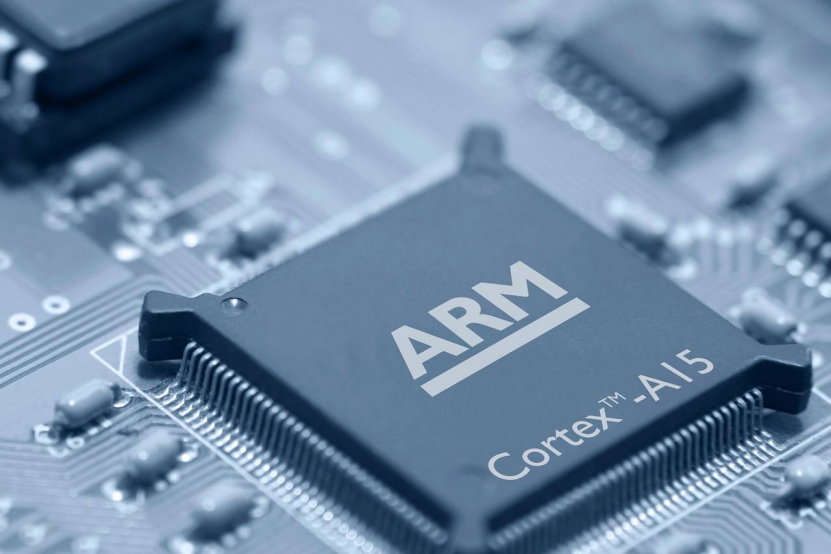
With the increasingly fierce competition in the global semiconductor industry, the containment and suppression of China by Western countries are also continuing to escalate. Following the high-end chip field, the so-called "traditional chip" market has also become the next battleground in this technological war. Recently, the European Commission announced that it will conduct a survey of European chip suppliers and buyers to understand whether they rely on Chinese supplies. The move is undoubtedly an important challenge to China's semiconductor industry, and shows that the EU is trying to seize more say in the field of ordinary chips while following the footsteps of the United States.
The so-called "traditional chip" refers to chips produced using mature but still evolving manufacturing processes, which are often widely used in areas such as automobiles, home appliances and medical devices. However, it is these seemingly ordinary chips that have huge market potential. The US Chip and Science Act defines chips made using processes of 28 nm and above as "traditional chips", and China's market share in this field is increasing year by year, triggering concerns in Europe and the US.
The purpose of the EU investigation is undoubtedly to understand the extent to which European companies rely on mature process chips made in China. This dependence could not only affect the supply chain security of European companies, but could also have a profound impact on the EU's position in the global semiconductor industry. China's rise in the global semiconductor industry has been an indisputable fact, and European and American countries are trying to limit China's development through various means.
However, it is unclear what the outcome of the EU investigation will be. But it is foreseeable that this investigation will undoubtedly intensify competition and conflict in the global semiconductor industry. European and American countries try to protect their own interests by restricting and suppressing China, but this practice not only goes against the principles of market economy and fair competition, but also goes against the formation and development of the global production and supply chain.
In fact, the formation and development of the global production and supply chain is the result of the joint action of market laws and enterprise choices. Human intervention and the instrumentalization and weaponization of economic and trade issues will only exacerbate the security risks of the global production and supply chain, and the interests of the whole world, including European and American countries, will be ultimately damaged. Therefore, European and American countries should abandon the zero-sum game thinking, respect international economic and trade rules and market economy principles, and promote the development of the global semiconductor industry with an open, cooperative and win-win attitude.
At the same time, China should also actively respond to the containment and repression of European and American countries. On the one hand, China should strengthen independent innovation and improve the independent and controllable ability of the semiconductor industry; On the other hand, China should also strengthen cooperation and exchanges with the international market to promote the common development of the global semiconductor industry.
It is worth noting that the EU investigation is not an isolated case. As early as the end of last year, the United States has announced that it will launch an investigation into the supply chain and defense industry of the U.S. semiconductor industry, focusing on examining the procurement of Chinese-made semiconductor products by U.S. companies. This "double standard" approach not only makes people laugh, but also exposes the anxiety and unease of European and American countries in the global semiconductor industry.
However, no matter how the European and American countries contain and suppress, the development momentum of China's semiconductor industry is still strong. The Chinese government has formulated a series of policy measures to support the development of the semiconductor industry, including increasing investment in research and development, optimizing industrial layout, and strengthening personnel training. At the same time, China also actively carries out cooperation and exchanges with the international market to promote the common development of the global semiconductor industry.

Driven by the Trump administration's push to relax financial regulations and the recovery of investment banking business, the market value of the six major banks in the United States has cumulatively increased by approximately 600 billion US dollars by 2025.
Driven by the Trump administration's push to relax financia…
On Christmas evening, U.S. President Trump posted on social…
According to multiple foreign media reports, the recent fin…
The middle class, once regarded as the cornerstone of Ameri…
On December 19th local time, the US military launched a lar…
The Boxing Day sunshine should have cast a false glow of pr…